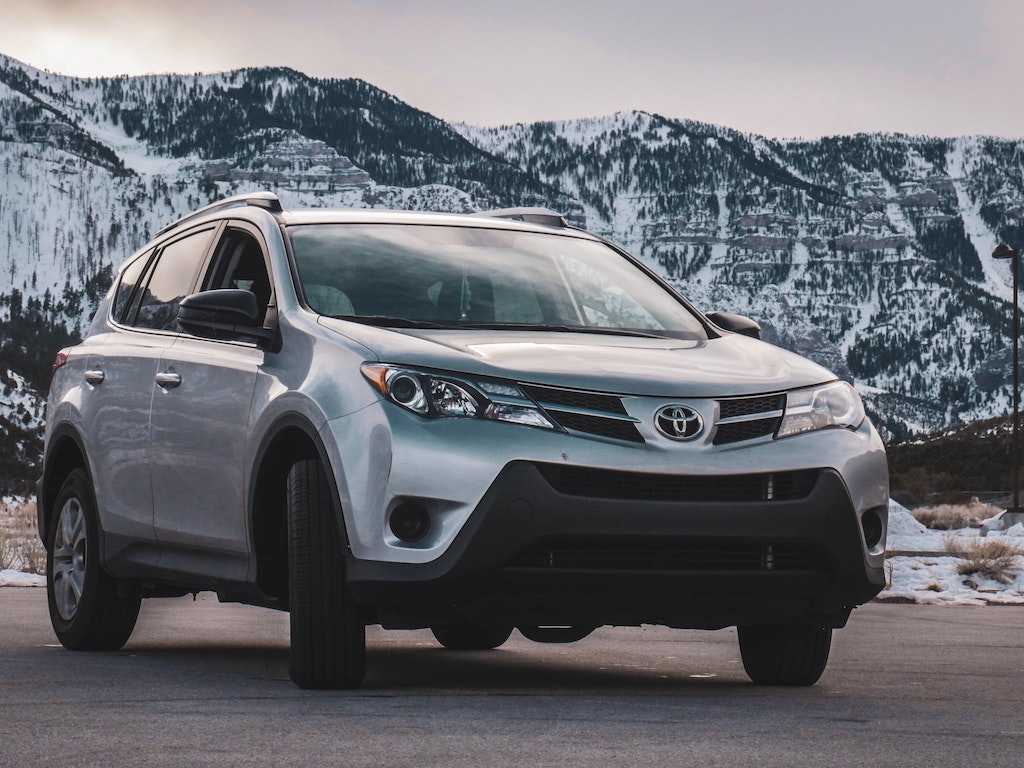
Overspending is easy for a first-time car buyer. There are so many options and features to choose from that you might not realize how much money you’re spending. However, there are steps you can take to prevent that from happening.
Here’s a guide to all you need to know about buying your first car. It includes tips on choosing a loan term, conducting thorough research, and ensuring you get the best value for your money.
How Much Can You Afford for A Car Payment?
If you cannot afford to buy a car outright, you’ll need a car loan. Before proceeding, determine the loan amount that fits your budget by considering the monthly payments.
First, choose a loan term. The typical terms are 24, 36, 48, 60, 72, and 84 months. Longer terms may reduce your monthly car payment, but the loan interest rate may cause you to pay much more overall.
Budget any expenses arising in addition to the monthly loan payment. Your monthly loan payment should not exceed 10% of your gross income, and your overall car expenses shouldn’t exceed 15% to 20%.
Learn What Factors Influence Auto Loan Approval
If you haven’t applied for car loans in the past, here’s what you need to know about factors that affect loan approval:
– Lenders will check your credit report to ascertain if you’ve previously paid credit on time. Obtain a copy of your credit report to know what lenders are about to find out. Consider filing a dispute with the credit reporting company if you discover errors that could jeopardize loan approval.
– Lenders will look at your credit score. Generally, a good credit score is 690 or higher on the 300-850 scale. You may not have a credit score if you’re new to credit.
Get a Loan Preapproval and Compare Rates
Get preapproved for an auto loan before you go car shopping. Obtain preapproval from several lenders to find the lowest interest rate you are eligible for.
First-time car buyers are unlikely to get the best interest rates. However, you can shop around for a better rate. The dealership is one of many options. Find financing options at credit unions, your bank, or online auto lenders.
Determine What and Where You Want to Buy
Before you buy a car, look around online or at dealerships. Consider what features you want and need in a car:
– Use: Will you drive long distances or mostly stay close to home?
– Size: Would you prefer to drive a small car or a large SUV? Do you have limited parking space?
– Space: Is there enough room for children, pets, or hauling items?
– Cost: Will a car fit your budget better than a truck or SUV?
– New vs. used: Should you purchase a brand-new car with a warranty or a used car, which may require more maintenance?
– Gas vs. electric: Do you want an environmentally friendly vehicle with lower fuel costs? Can you afford to pay more for an electric vehicle?
Do your research once you’ve compiled a list of models you like.
– Look into fuel economy ratings.
– Compare the insurance costs for each vehicle.
– Look at online listings to see how much sellers are asking.
– Find reliability ratings through Consumer Reports.
When you’ve decided on a vehicle, consider where you’d like to buy it. You’re not limited to a car dealership. Online car retailers allow you to complete the entire process without leaving your home. Car-buying apps can make the process easier by providing customized filters and tools.




